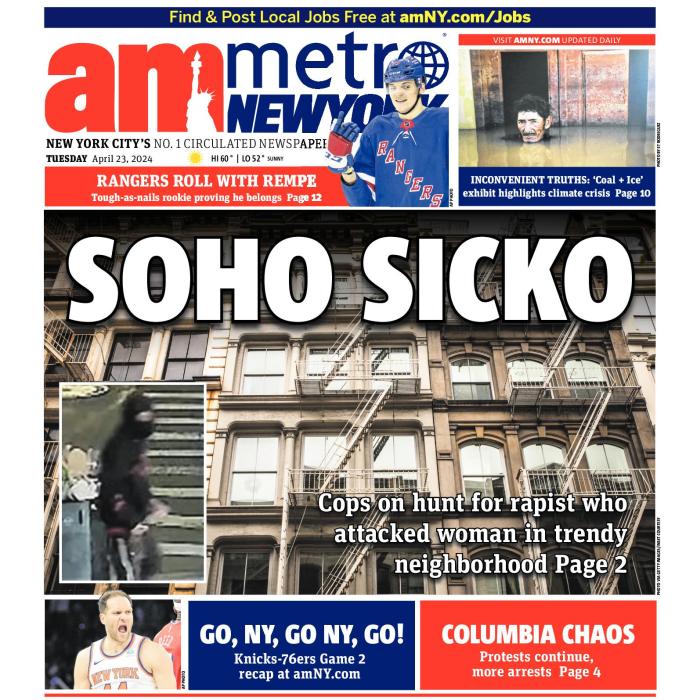BY PAUL SCHINDLER | A report issued this week by Catherine Leahy Scott, the New York State inspector general, clarified a key issue surrounding charges that top aides to Mayor Bill de Blasio — and perhaps the mayor himself — may have violated campaign finance laws in coordinating the pass-along of donations made to county Democratic committees to State Senate candidates in excess of allowable direct contributions to those candidates.
The leak of a confidential report by the State Board of Elections raising those charges to the Daily News, Scott reports, came not from Risa Sugarman, the board’s enforcement counsel who prepared the report, but rather from the board’s spokesperson, John Conklin.
That fact is significant because the mayor had suggested that the release of the report, an apparent violation of state law itself, came at the behest of Sugarman, a former aide to Governor Andrew Cuomo, who has largely forged an antagonistic posture toward de Blasio since the mayor took office in early 2014.
Conklin’s political lineage, as the New York Times noted, is different. Prior to going to work for the Board of Elections, he served for 16 years as an aide to State Senate Republicans, including their leader, John Flanagan of Long Island. It was Republican senators who made the initial complaint to the Board of Elections about the “Team de Blasio” donations to their Democratic rivals, and Conklin admitted to Scott that he emailed the report not only to a Daily News reporter but also to the Senate Republicans.
Sugarman is now demanding that de Blasio apologize for impugning her integrity while a spokesperson for the mayor, noting that the fact remains Sugarman did not ensure the confidentiality of her report within her office, said it is the Board of Elections that should apologize. The hapless Conklin, who has been at his communications post at the board since 2009, explained that he was uncertain whether he was prohibited from disseminating the report, despite it being marked “privileged and confidential.” Pointing to the clear policy prohibitions on distributing such information in the way he did, Scott concluded Conklin’s explanation “defies logic and credulity.”
De Blasio and his defenders do appear to have jumped the gun in laying blame on Sugarman for something somebody else has now admitted doing. At the same time, it’s a bit rich for Sugarman to claim the moral high ground in a situation in which a staff member in her own office improperly distributed a confidential report she prepared. Releasing that report to the Daily News was a serious breach of the way in which that office should operate.
What’s also clear is that the mayor’s essential complaint — that the report’s release was politically motivated — is borne out by Scott’s report. Republican state senators made the complaint that led to Sugarman’s report, which one of their former allies then leaked not only to the press but to the GOP senators themselves.
As I wrote in a previous editorial about this matter, the Republican State Senate majority benefited from the same sort of pass-through evasions of the spirit of state campaign finance law when then-Mayor Michael Bloomberg made donations to committees that then forwarded the money to GOP candidates.
Prosecutors looking at Sugarman’s report and other evidence will have to conclude whether or not de Blasio’s allies were less attentive to the niceties of the law than Bloomberg’s were. But the play here is the same in both cases. The real lesson to be drawn is that if we care about outsized contributions in state legislative contests, Albany is going to have to go back to the drawing board on campaign finance law.

















